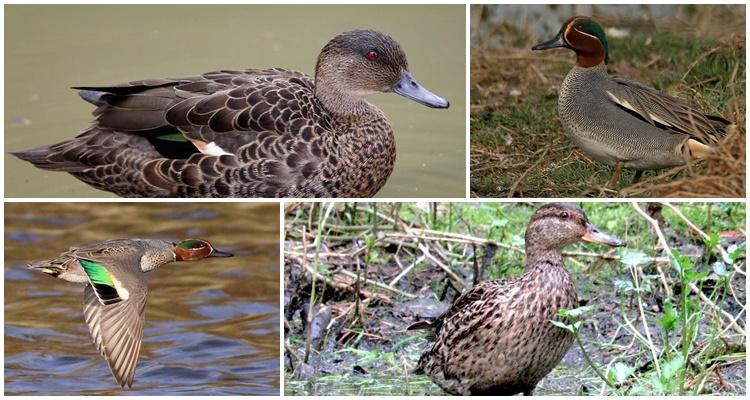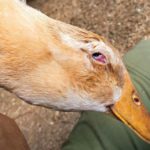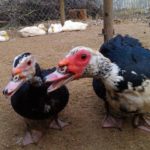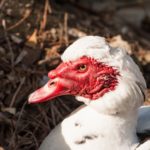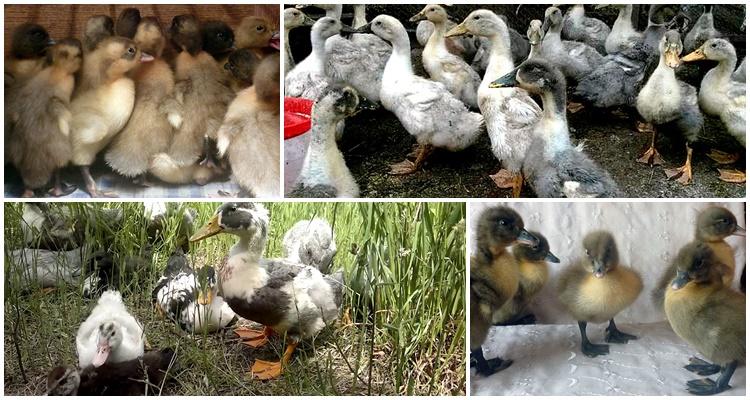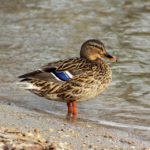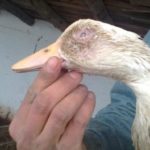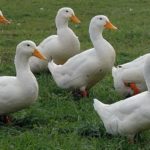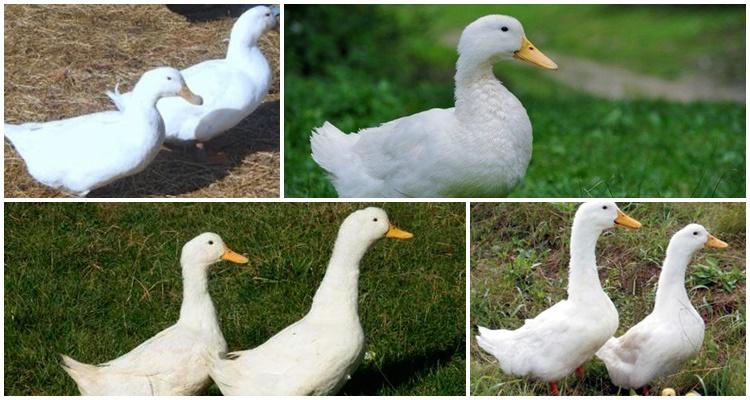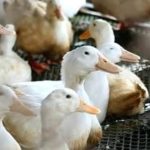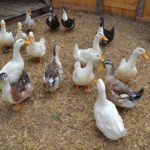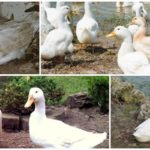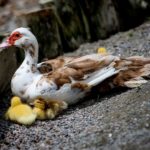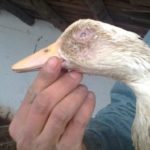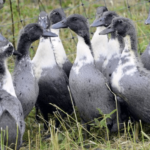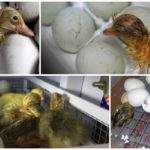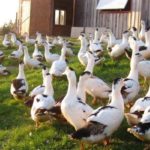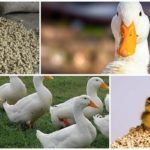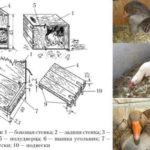Diseases in turkey ducks can cause significant damage to households. Their consequences are a reduction in the bird's growth and weight gain, or even its death. There are many diseases of Indian ducks, including infections, helminthiases and non-infectious diseases. Any of them can occur on a farm, so you need to know their signs, how to treat diseases and prevent pathologies among the Indian duck population.
What non-communicable diseases can occur in Indian ducks?
The causes of non-infectious pathologies are improper care and maintenance of poultry.Diseases affect the digestive system and metabolism.
Avitaminosis
Vitamin deficiency develops when Indian ducks do not have enough vitamins in their bodies. Often a deficiency of any one vitamin compound is created. But several may be missing at once. Signs: lethargy, poor appetite, developmental delay, loss of feathers, deformation of limbs. A long absence of vitamins in the diet leads to the death of the bird.
Cloacite
This is an inflammation of the cloacal mucosa that develops in females that lay eggs. The reason is a lack of mineral elements and vitamins. Cloacitis can be identified by dirty fluff near the cloaca, redness of this organ, and covering it with ulcers. The Indian duck loses weight and stops laying eggs.
Treatment - wash the cloaca with a solution of iodine or furatsilin, and then lubricate it with tetracycline or zinc ointment. Prevention - place a container with shell rock or chalk in the house.
Goiter catarrh
The cause of the pathology is feeding turkey ducks with wet, sticky food. Catarrh can be identified by the restless behavior of the bird. She cranes her neck, her crop swells, and a foul-smelling mixture comes out of her mouth.
Treatment - you need to take the turkey duck, turn it upside down, run your hand over the crop so that its contents spill out. Then do not feed the duck for 1 day, but you can give water. After feeding with liquid porridge. Prevention - give Indian ducks food that has a uniform structure.
Esophageal blockage
Ducks' esophagus becomes blocked by a foreign object, which they can swallow. It can be determined by the lack of appetite, hard goiter, and weakness of the duck.Treatment - if it is not possible to remove the object from the bird’s throat, it is sent for slaughter. Prevention is to prevent large objects from appearing in the ducks’ food, which they will mistakenly try to swallow.
Food poisoning
Occurs from eating spoiled food and poisonous plants. Symptoms: indigestion, weakness, vomiting. Sometimes convulsions may occur. Therapy - give the duck water with activated carbon. Prevention consists of feeding only fresh food and clearing feeders of uneaten food. You also need to make sure that there are no poisonous plants in the food.
Pecking
It arises from a lack of vitamins or crowded keeping of birds in one, crowded room. Out of discomfort, the Indian ducks begin to peck at each other. They pluck feathers and peck their legs. Treatment and preventive measures - feeding with food complete in nutrients, keeping in a spacious house. Cleaning the litter and replacing it with a new, dry one. Walking ducks in the fresh air.
Infectious diseases
Infections arise and spread in the poultry house due to non-compliance with the rules of maintenance and care. Indo-ducks living on dirty, damp bedding, in cramped rooms that are not ventilated, get sick. If it is also cold and dark, the likelihood of developing diseases increases. The result of infectious diseases is the death of birds, partial or complete.
Paratyphoid
Small Indian ducks suffer from this disease and die, but adult birds can also get sick. Infection occurs through food, water, and breathing. In the acute form of the pathology, the death rate of ducklings can be up to 80%. Ducks that have recovered from the disease will then lay 10-20% fewer eggs than usual.Treat ducks for paratyphoid fever with antibiotics for 1 week. Medicines are dissolved in food.
Preventive measures include cleaning and disinfecting the poultry house, destroying dead ducks by fire, and including greens and yeast in the ducklings’ diet.
Hepatitis
The infection affects the liver. Sick ducks are weak, breathe heavily, lower their heads and wings, fall on their sides and convulse. Treatment is prescribed by a veterinarian, medications - antibiotics. Prevention - extermination of rodents and insects in the poultry house, carriers of hepatitis pathogens and regular cleaning of the premises.
Coccidiosis
Coccidia infect the intestines of ducks. Coccidiosis affects young animals up to 1 month old. Pathogens enter the body of ducklings through water and food contaminated with the droppings of sick birds. Coccidiosis can be identified by stool that is first green in color, then brown, mixed with blood. The ducklings do not eat, become weak, move slowly, and their feathers become ruffled. Coccidiosis is treated with anticoccidiosis drugs specifically designed for the treatment of this disease. Prevention consists of timely cleaning of litter, cleaning of feeders and drinkers, and disinfection of the premises. Feeding ducklings with coccidiostats has a good effect.
Pasteurellosis
Signs: weakness, wheezing, discharge from the mouth, loss of appetite. The Indian ducks' joints swell and diarrhea begins. There is no treatment, the meat of such ducks cannot be eaten. Preventive measures: vaccination of young animals, disinfection of the poultry house, destruction of dead birds, insects and rodents.
Parasites
Parasites that can infect Indian ducks are helminths and external parasites - lice, fleas and lice. Parasites interfere with the normal functioning of the bird and the functioning of its internal organs. Lice bite ducks and can transmit infections.Infected ducks stop laying eggs and lose weight.
Anthelmintic drugs are used against helminths, the birds are treated with sprays and powders against lice, and a container with sand and ash is placed in the nesting box. You can prevent parasite infestation by cleaning the poultry house as often as possible.
Indo-ducks, despite good health, can suffer from infectious and non-infectious diseases. Birds may die if left untreated, or have long-term reductions in productivity. Every owner should learn to recognize the signs of diseases and know how to treat them.

